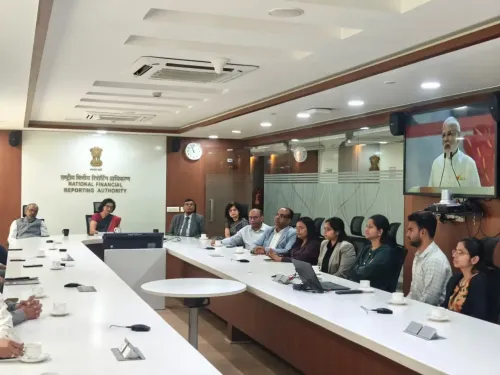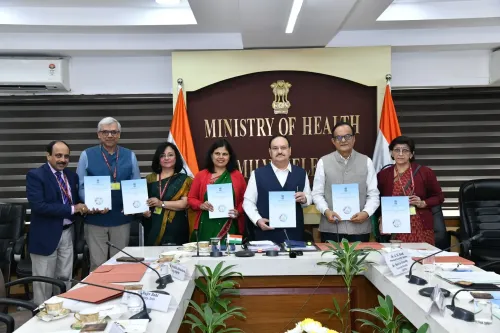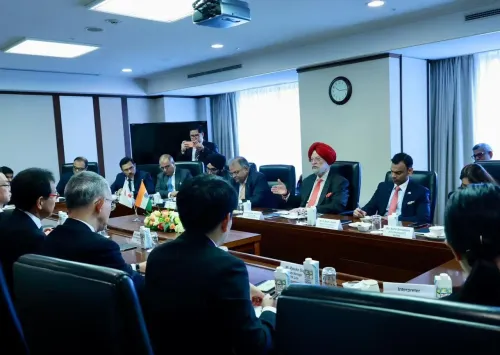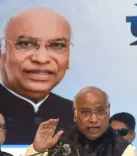Is PM Modi Prepared to Pay a 'Heavy Price' for Farmers and Fishermen's Welfare?
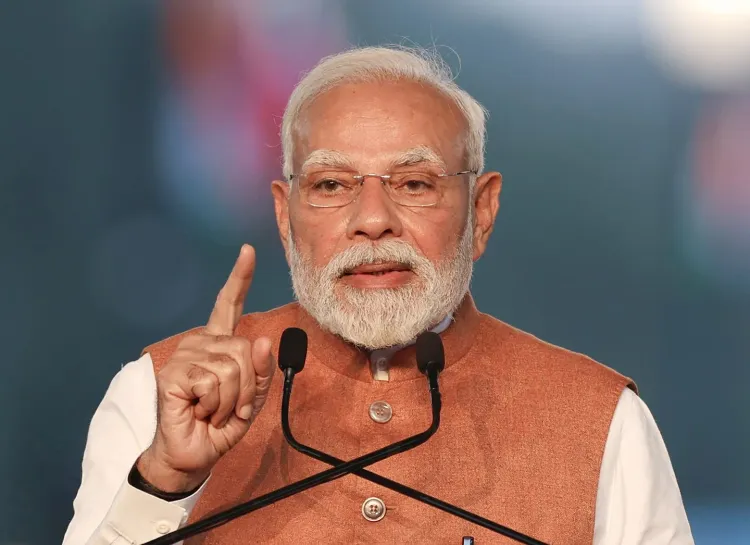
Synopsis
Key Takeaways
- PM Modi prioritizes farmer welfare amidst US tariffs.
- India firmly opposes the unfair tariff actions.
- Trade tensions escalate due to geopolitical factors.
- India's commitment to agricultural interests is unwavering.
- The government vows to protect national interests.
New Delhi, Aug 7 (NationPress) Prime Minister Narendra Modi expressed his commitment to safeguarding India’s agricultural sector, emphasizing that the nation will never waver in supporting the interests of farmers and fishermen, even as US President Donald Trump declared a staggering 50 percent tariff on Indian goods.
During the MS Swaminathan Centenary International Conference, PM Modi stated, "The welfare of farmers is our utmost priority."
He reiterated, “India will steadfastly protect the interests of farmers, fishermen, and dairy producers.”
Furthermore, PM Modi acknowledged, “I am aware we may face significant costs for this commitment, but I am prepared. India is ready.”
These statements were made in light of the escalating trade tensions, sparked by Trump's imposition of a 25 percent import duty on Indian products, starting August 7. He cited India's procurement of crude oil and military equipment from Russia as justification for an additional 25 percent tariff set to take effect on August 27.
The Indian government has strongly condemned Trump's recent tariff moves as "unfair, unjustified, and unreasonable."
In an official statement, an MEA spokesperson remarked, "We will take all necessary actions to defend our national interests."
Recent actions by the United States have specifically targeted India's oil imports from Russia. The MEA spokesperson clarified, "Our imports are dictated by market dynamics and the overarching goal of ensuring energy security for 1.4 billion Indians."
It is highly regrettable, the official said, that the US has chosen to levy additional tariffs on India for actions that numerous other nations also undertake in their own national interest.
The new tariffs will apply to all qualifying Indian products entering the US 21 days post-signing, excluding shipments already in transit before the deadline and cleared before September 17.

